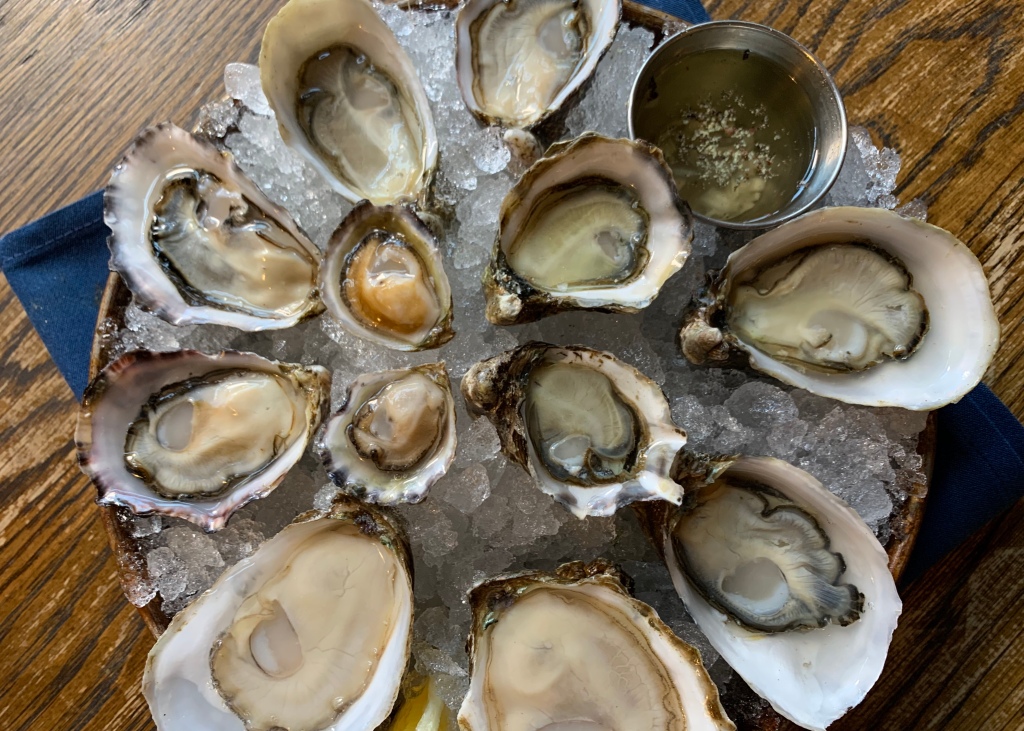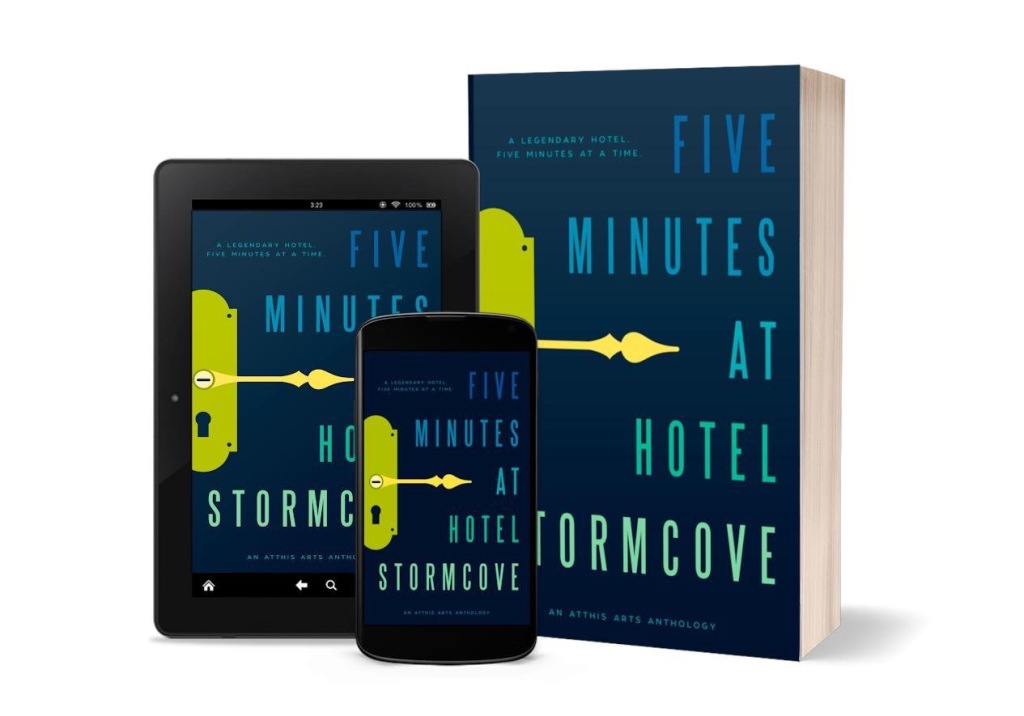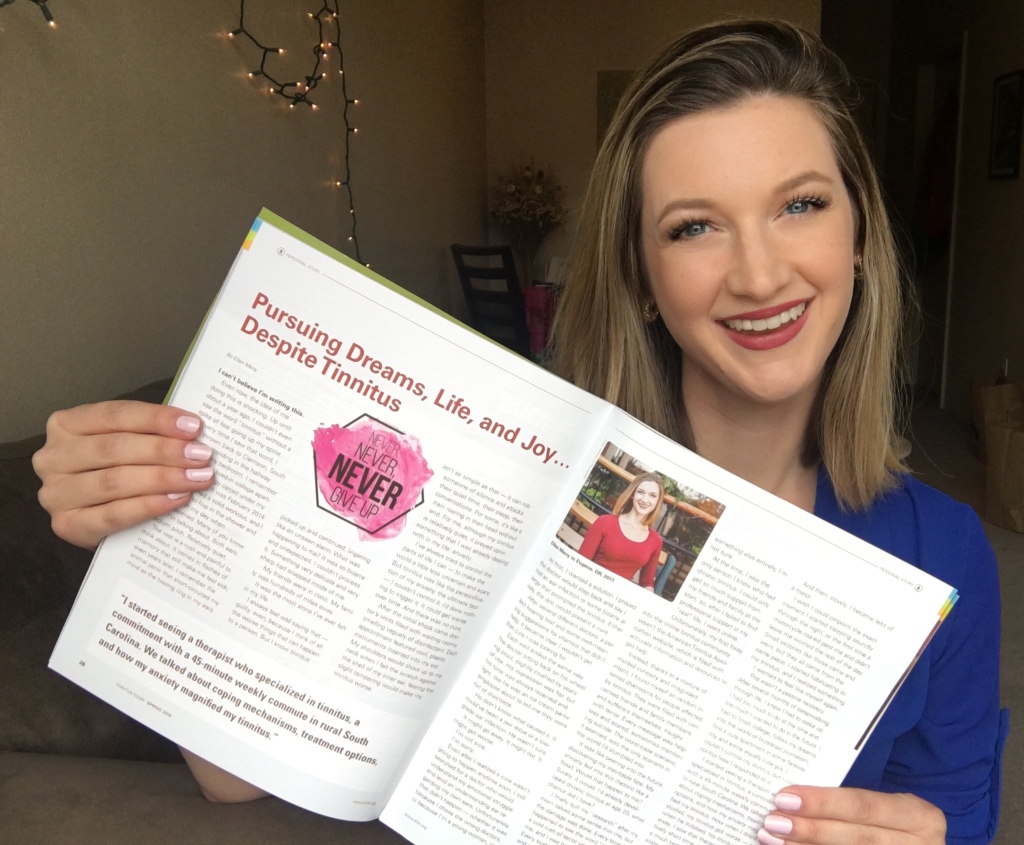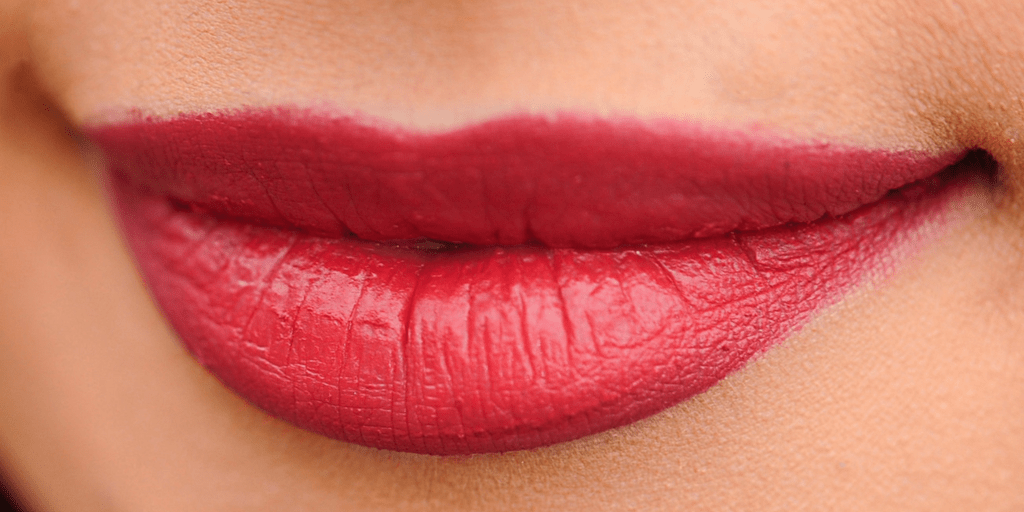featured
-

This Too Shall Pass
This too shall pass. But while we’re in this liminal space, between what was and what…
-

My TV pride and joy: Edible Education
Find out about my food series on Evening!
-

What’s New: Emmy win and book news!
An Emmy win, oh my! It’s been an exciting summer so far- here’s what’s going on!
-

What’s New: Book News & More!
Hi everyone! Hope you’re having a lovely beginning of spring! I thought posting the occasional “What’s…
-

My Tinnitus Story
In Spring 2018, the American Tinnitus Association published my article about my experience with tinnitus. They…
-

Eye Candy: The Harassment in Local News You Don’t See
Harassment in local news is a pervasive issue. For the hundreds of young women in local…